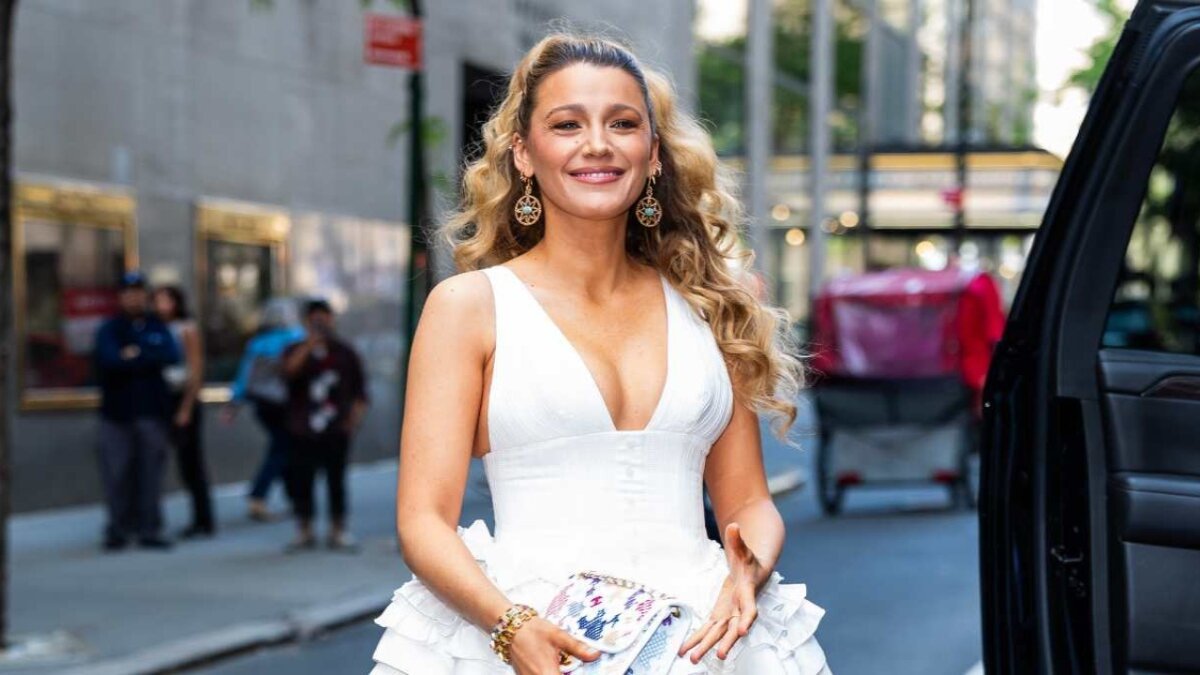Blake Lively has found herself at the center of controversy following a recent shopping trip in New York City that’s now gone viral for all the wrong reasons. According to a TikTok user named Landon, the Gossip Girl star allegedly treated store employees with marked disrespect during a visit to Stoney Clover Lane, a boutique known for its customizable bags and accessories. The incident, which was recounted in detail on social media and picked up by several outlets, described Lively as being “entitled” and dismissive of both staff and people around her, including her children and niece.
The user claimed that Blake asked for a product that had not been touched by others and inquired about access to a private bathroom, suggesting an air of exclusivity and detachment. Landon expressed visible disappointment, calling Lively’s behavior a wake-up call for fans and urging them to reconsider idolizing celebrities who, according to her, do not treat everyday people with kindness or decency. The backlash grew after Lively herself posted pictures from the outing on Instagram, flaunting a pink purse decorated with shiny patches, including the letters “B” and “R” — a likely nod to her and husband Ryan Reynolds — which only fueled the disconnect felt by some viewers.
This public criticism arrives at a particularly tense moment in Lively’s life, as she continues to face a highly publicized legal battle with actor-filmmaker Justin Baldoni. The actress filed a lawsuit in late 2024 accusing Baldoni of sexual harassment on the set of It Ends with Us, a film adaptation released that same year. Baldoni, however, has denied all allegations and responded with a $400 million countersuit against both Lively and Reynolds, claiming defamation and reputational damage.
The combined scrutiny from both the alleged store incident and the lawsuit has cast a shadow over Lively’s public image. While she remains silent on the TikTok controversy, the episode has reignited debates about celebrity behavior in public spaces, the line between privacy and accountability, and how much weight eyewitness accounts on social media should carry in shaping public perception.


